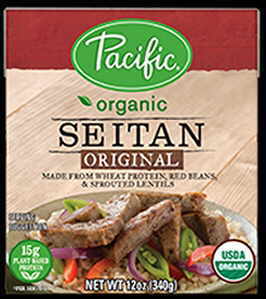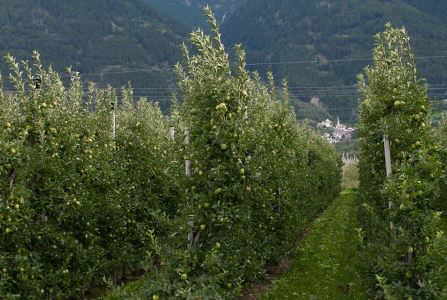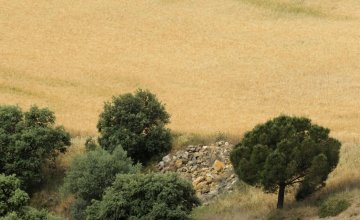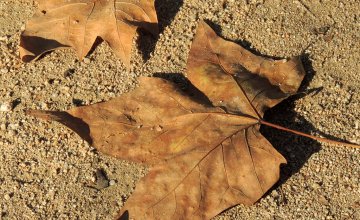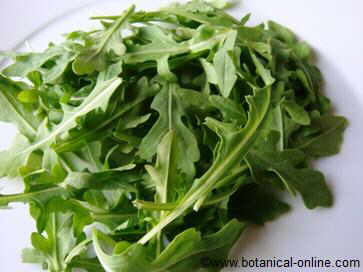Contents
Benefits of iodine
MEDICAL PROPERTIES OF IODINE
What is iodine and what is it for?
Iodine is an essential mineral for the organism, one of the most vital, which must be provided in the diet daily.
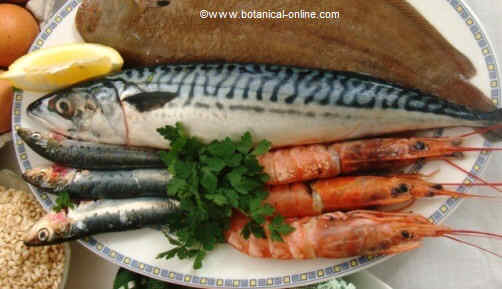
Sea foods are the most important source of iodine. Seaweed, fish and shellfish are examples. Iodized salt also contains a lot of iodine.
The main and only known function of iodine in the human organism is as a constituent of thyroid hormones.
Thyroid hormones are what allow metabolic reactions to occur at an appropriate time, being very important for the growth and regulation of metabolism.
Properties of iodine
Iodine only plays a role in the body: regulates the metabolism and activity of all body cells as part of the thyroid hormones.
These hormones activate the cells throughout the body to develop their functions.
Because iodine is an essential mineral for all vital functions and growth, table salt is enriched with iodine to prevent its deficiency (iodized salt).
Algae against radiation
Iodine is also used in radiation therapy. Large doses of iodine (potassium iodide) are administered when there is a danger of radiation to protect the thyroid gland against radioactive iodides. In case of not taking iodine, the gland would absorb the radioactive iodine potentially increasing the risk of cancer.
During World War II, in Hiroshima large amounts of seaweed (wakame, kombu, nori) were taken as a source of iodine against radiation.
Symptoms of deficiency or lack of iodine
- Mental retardation: In countries where poverty and malnutrition exist, it has been found that the deficiency of iodine in the mother’s diet causes the birth of children with mental retardation. Likewise, when children’s diet is insufficient in iodine, intellectual problems can occur.
- Hypothyroidism or goiter: It is a very common symptom of iodine deficiency, which is characterized by thickening of the thyroid gland in the neck. It is a very serious disease, because it can lead to delays in growth (rickets) and mental retardation.Goiter can occur for different reasons, one of them, when the intake of iodine is insufficient: the thyroid gland, not having enough iodine, increases in size to try to capture more iodine (enlargement of the thyroid, which protrudes from the neck) . This disease was very common in inland areas and far from the coast, since iodine is found mainly in the sea and (in smaller quantities) in the vegetables cultivated in the coastal lands.
Gobiogenic foods are those that sequester iodine
Cruciferous vegetables, that is to say, the family of cabbage, cauliflower, broccoli, rocket, etc., have goitrogenic properties because they contain substances, glucosinolates, capable of preventing the absorption of iodine or interfering with the synthesis of thyroid hormones . These foods should not be consumed in excess by people with hypothyroidism.
Women in the lactation phase should moderate foods very rich in these substances, such as mustard, because these goitrogenic components pass into breast milk and can be ingested by the baby.
Foods rich in iodine
Where can iodine be found in the diet?
- Iodized salt: half a teaspoon contributes more than the recommended daily amount of this mineral. Iodized salt is purchased in all supermarkets. It is the cheapest iodine supplement.
- Marine products: edible seaweed, fish, seafood, sea salt, etc.
- Vegetables and milk: Depending on the soil where they grow (if rich in iodine, their vegetables will also be). For example, in Australia and the United States, the iodine content of milk is 5 to 10 times higher than in Europe.
Recommended iodine daily intake
- The recommended daily intake is 150 mcg. up to date. These requirements are met by ingesting marine foods daily. If you do not take enough seafood, or fish allergy, you should use iodized salt.
- In children it is not advisable to exceed the dose of 200 mcg. of iodine a day.
Iodine supplements
- Iodized salt and seaweed are natural supplements rich in iodine.
- If you take any medication or suffer from any illness, check with your doctor about whether you should take iodine supplements.
![]() More information on iodine
More information on iodine


